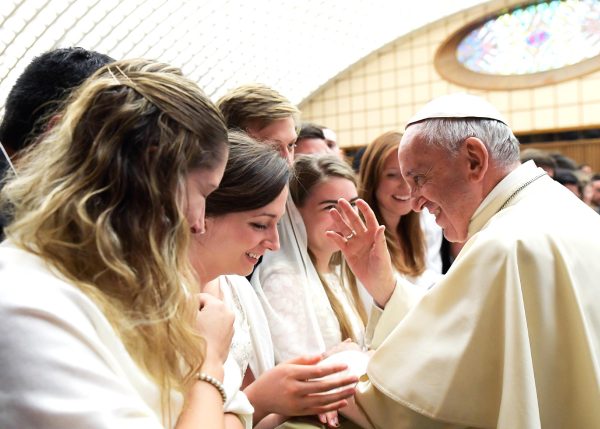Redefining American History
Stories are told as a means to glorify, often depicting impressive, heroic and almost unrealistic leaders at the forefront of history. For many generations, public education in the United States has made its nation’s heroes — such as the founding fathers — appear perfect, while neglecting equally important figures in American history. Although there has been a shift towards a more inclusive and accurate depiction of U.S. history, much of the nation has refused to accept the flaws and deficiencies in our cherished heroes.
Ever since the Civil Rights Movement, there has been advocacy for incorporating ethnic studies classes which provide a more diverse perspective on American history. An ethnic studies class, namely that of Asian Studies and African American studies, should be an option to fulfill the U.S. history graduation requirement at Boston Latin School.
It is clear that the U.S. history course still does not capture the full story of the nation. World History teacher Mr. Andy Zou shares, “We’re discussing if we’re covering enough African American history; that could be covered more. […] And there’s definitely a lack of Asian American history.” The current U.S. history curriculum is falling short, as it continues to be taught from a predominantly white and male perspective, leaving important narratives untold and perspectives unheard.
Given the vastly diverse makeup of American history, no single class can adequately represent every historical event. The opportunity to take an ethnic studies course, however, would give students the chance to explore histories they have not previously considered or learned about. Mr. Zou adds, “There are so many little stories of marginalized groups that get untold in some ways because you’re focusing so much on the broader context.” On top of that, having the freedom of choice would also encourage students to venture into new perspectives and ideas.
The best way to avoid repeating mistakes of the past is to learn about them. While grim events and policies are usually glossed over in general history classes, ethnic studies would offer a meaningful space for students to learn about the true history of this country in a setting that instructs these topics with the detail they deserve.
As the face of the future, it is imperative for youth to understand the modern world that we live in. If students do not have the opportunities to learn about different cultures and truly understand the foundations of the modern world in school, they will not be able to fully thrive as socially responsible and civically engaged citizens.
With the rise of social media and global news, today’s world is becoming increasingly interconnected. In the face of globalization, people are exposed to many different cultures and ideas, and having insight into complex histories is vital to putting the world into context.
Moreover, hostility between groups of people is still a pervasive issue and forms the basis for some of the most pressing political battles. Amid the polarization of ethnic studies, there is significant opposition to the idea of making ethnic studies a priority since the concept of “othering” has been woven into the fabric of American society for centuries; fear, hesitation and even hate continue to shape the way people view one another. The question is, will we continue to let these forces dictate our future, or will we take action to rewrite the narrative?
Breaking down the stigma and bridging the gap between different groups starts with understanding the different perspectives of history. If the U.S. truly wants to embody the values of equality, union and liberty that it so often espouses, then it must take proactive steps to foster a sense of unity. It begins with taking steps to educate younger generations in history classrooms, thereby unlocking the potential to make meaningful contributions to build a better, more just world.







